Well, it happened again…I have to find space on my reading list by taking off a book to make room for a book that needs to go on it. My own rule is that to keep the list on one piece of paper (front and back), if I want to add a title to the list, I have to take something else off. That happened last weekend when I finished Bob Gorman’s novel Newsmaker.
I say novel because, by classification, it is listed as fiction. But we all know that good fiction explores true or likely life situations. That is why good fiction so tugs at us. This is what Bob Gorman does to us here.
Newsmaker will be familiar to almost all Americans, but certainly anyone who has lived in any small cities or towns, especially across the south. It was once possible to insulate oneself from people of different race, socioeconomic strata, education level, job type, religion, or many other cleavages. Today, those cleavages are still just as present in the world, but it is more difficult to insulate yourself from others. Yet, how much do we really know about the “other”? Gorman explores these issues through a narrative of a small southern community in which the first black sheriff in the state’s history is elected and then upends not only what black and white thought they knew, but also what was thought within each race as well as within the political parties and between city and county residents.
At the center of the cleavages is the sheriff, who has not only made white county residents uncomfortable by changing over the department from white to black and all but ceased even showing up for petty crime calls, but also upended the local democratic party by offering local black residents another option than being told by “complicit” black leaders which whites they would vote for.
The second protagonist is the local newspaper editor who must walk the entirely fine line between living in the community and exposing what people in the community do when they don’t think the public ought to find out. It is easy for the Washington Post or New York Times to write about the Congress or White house because the distance, both literal and figurative, is so great that there is no personal risk to them. But when you write about what people in small communities say and do, and then have to see them at church, at the diner, or on the street at night, it takes a deeper moral courage. That is when the citizens gain through information they otherwise would not have known when voting in the next election.
In Newsmaker, the editor exposes the sheriff’s actions in a series of editorials after which the governor removes the sheriff from office. But the sheriff is reinstated after two trials and now the entire county is more divided by that aftermath of the trials, by the looming election in which the sheriff is being challenged by a white town police officer, by a spate of unsolved crimes against single white women, and by the increasingly aggressive reporting and scathing editorials calling for the sheriff’s ouster.
So why does this book resonate so much? I’d bet that few would have difficulty in imagining how such a situation could play out in their own community. We can all see the lengths to which some go to either bridge the cleavages or widen them in our communities. How many really try to learn the reasons for others’ positions, for why they don’t want the farmer’s market in a town park, for why a business might decide to open on the bypass instead of downtown, for why a family might decide to live in one school district as opposed to another, and for how difficult it is to write about these issues objectively when you interact with these people every day.
The other reason the book resonates so much is that much of the narrative is true. Really. Bob Gorman was that editor in Kingstree, S.C., in the early 80’s who wrote about that 300 lb Harley-riding sheriff, who was removed from office by the governor and then reinstated after hung juries.
It was through small newspapers that local citizens found out about how their local elite, both elected and unelected, just as in the book, were exposed to the light. And light, being a strong disinfectant, is abhorred by those who want to keep their actions out of the public eye. When Gorman was offered jobs by the big guns on the East Coast, he stayed in small towns, giving up the bigger money and notoriety, almost as a religious vocation, in order to give people in small towns what normally is only available to those in big cities. He was once quoted as saying “People in smaller communities deserve good journalism just as much as people in big cities.”
I recommend reading this excellent retrospective of Gorman’s career by Bob Deans, former President of the White House Correspondent’s Association. Read it either before or after you read the book. But read both. When I was 26 years old and learning about how little I knew, Gorman taught me a really important life lesson. He was driving me around Sumter, S.C., where he was Assistant Managing Editor of the local paper and I was a young officer stationed at the local base. He drove me literally across the railroad tracks to a part of town I didn’t know existed. I asked what we were doing there as it looked pretty run down. He said, “I have subscribers here. I need to know about their lives if I want to do my job well.” Today, I try to drive my kids though those parts of town so they know what their neighbors look like, where they live, and what kind of life pressures they’re under. Bob Gorman taught me that.
Finally, Gorman concludes his book teaching us even more through a few questions about how the issues in this book would play out given today’s media environment. He asks how the issues in his book foreshadow southern politics today, how those issues in the 70s would be covered today with social media, and how the “comments” would go after on-line articles.
Gorman told me recently that journalism is supposed to provide a window through which people can see how government works and how they can affect their own governance, but today with social media, people instead prefer to look in the mirror to see themselves because that is more interesting than looking through the window. That is why journalism, our most traditional defense of democracy, is not merely under assault, but worse, ignored. And if Gorman is right that we’d rather look in the mirror than through the window, then we won’t know or care when government does what politicians in his book did — and far worse — to our liberties.
Keep thinking…

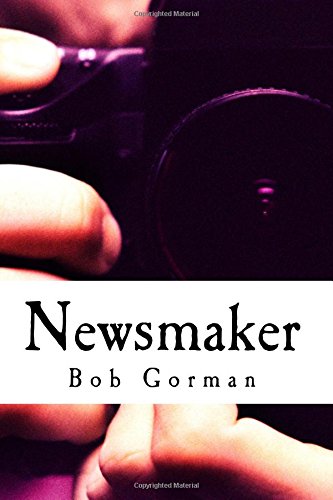
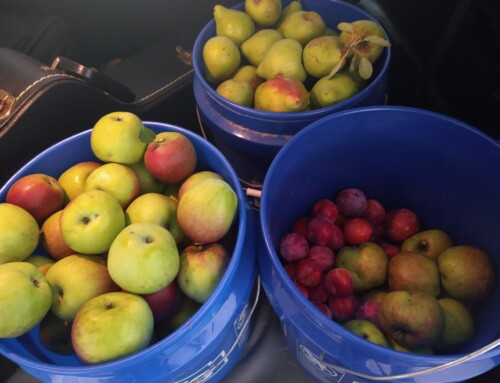
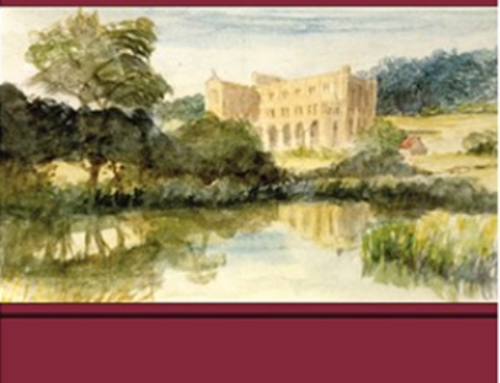
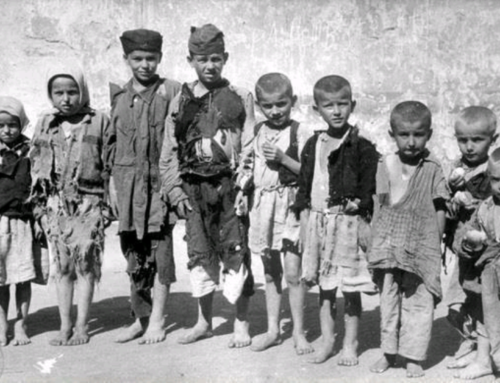

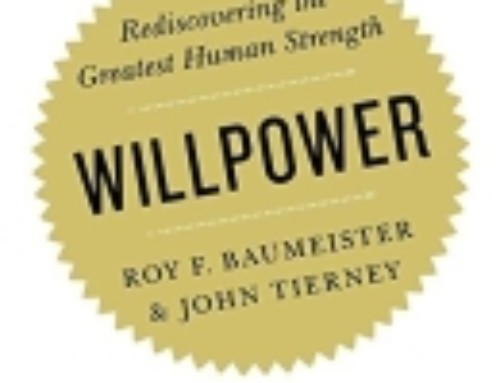
Leave A Comment